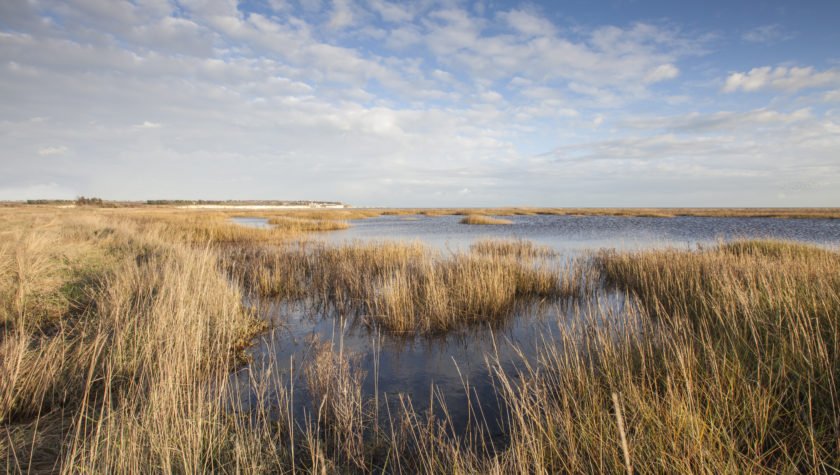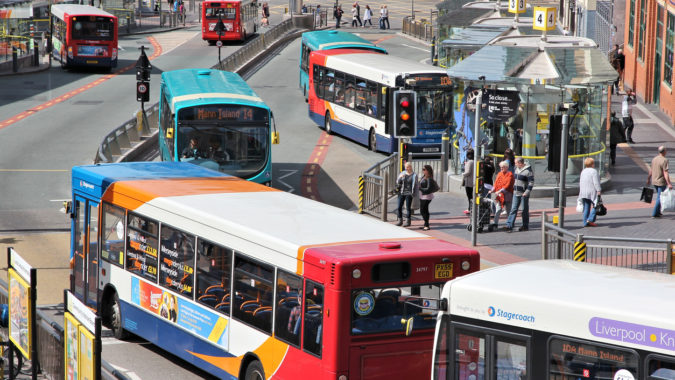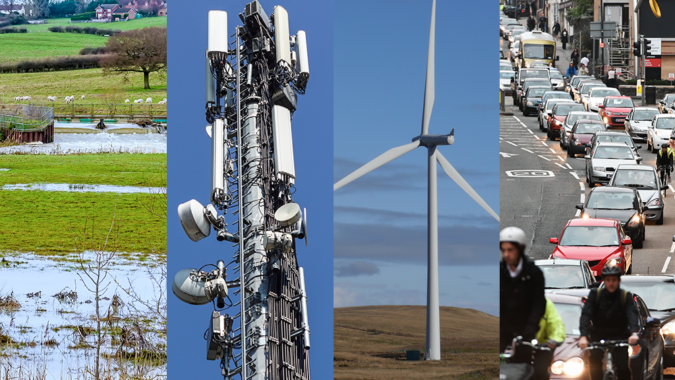This week, government has launched a consultation on its draft policy statement on five environmental principles, to be enshrined in the Environment Bill. The announcement follows hot on the heels of last month’s publication of the Dasgupta Review on the Economics of Biodiversity. This landmark report made a decisive link between the economy and nature, suggesting that our demands on nature far exceed its capacity to meet them sustainably, which endangers future prosperity.
Professor Sir Partha Dasgupta stressed that a different path exists, one where our engagements with nature are not only sustainable but also enhance our collective wellbeing. His review is the culmination of a significant shift in attitudes in recent years, where the environment was previously viewed as a constraint, an externality, or an additional cost.
That same week, the Commission launched a discussion paper on natural capital and environmental net gain, at a virtual event hosted by the Chartered Institute of Ecology and Environmental Management (CIEEM).
First and foremost, the paper brings together the Commission’s existing recommendations which contribute directly to eight of the ten goals set out in the government’s 25-year environment plan. These include the Commission’s design principles for national infrastructure and more recently the Rail Needs Assessment for the Midlands and the North, both of which advocate for ‘net gain’ in infrastructure – contributing to the restoration of wildlife on a large scale while protecting irreplaceable natural assets and habitats. Our Rail Needs Assessment also used the Natural Environment Valuation Online tool to partially quantify and monetise the natural capital impacts of different illustrative rail packages.
Secondly, the report reaffirms and updates the Commission’s understanding of the relationship between infrastructure and natural capital – a set of complex interactions and interdependencies. The key relationships are set out in the Commission’s 2017 drivers paper on the impact of the environment and climate change on infrastructure demand. Recent research for the Climate Change Committee further demonstrates just how interlinked the natural world is to infrastructure and built environment (e.g. reduced water quality in the natural environment leading to water supply disruptions).
From this foundation, the Commission has set out a positive approach where the relationship between infrastructure and natural capital can be used to deliver multiple benefits. We identify that adopting an ‘environmental net gain’ approach would help ensure irreversible losses of high value natural capital are minimised and mitigated, recognising the high potential impacts of major infrastructure projects. The report sets out many examples of how net gain commitments and natural capital approaches have already been adopted across infrastructure sectors and activities, including Highways England, Water Resource Management Plans, and the Oxford to Cambridge Arc.
However, numerous challenges and barriers remain in implementing natural capital and net gain approaches in practice, many of which were raised by stakeholders over the course of the project and at the publication launch event.
Some of these problems are structural, relating to planning policy and practice, and to some extent have been acknowledged in the upcoming reforms in the Environment Bill and the National Infrastructure Strategy. Others relate to measurement and valuation of natural capital. While there are proliferation of tools and resources available and in development (see Defra guidance on enabling a natural capital approach), the application of such approaches varies significantly depending on the nature, type, spatial scale, and stage (e.g. design, construction, operation) of a project.
A broader challenge is the significant land use change potentially implied by the government’s strategic objectives on levelling up, net zero and wider environmental goals, where there are likely to be trade-offs between a range of economic, social and environmental costs and benefits. Recent developments may better support the delivery of the government’s ambitions. For example, HM Treasury’s Green Book appraisal guidance now requires projects to establish clear and measurable objectives, with a clear link to the government’s strategic objectives. However, the National Audit Office has said that there is still a long way to go before the government can be confident that it has the right framework to deliver on its aspirations in its 25 year environment plan.
The Commission’s next steps on natural capital will ensure that it is understood, considered and addressed in its future work where appropriate. The next National Infrastructure Assessment (due in 2023) will consider natural capital as part of its work on the key themes of net zero and climate resilience. Furthermore, the Commission will also develop a set of natural capital principles for infrastructure which will complement and expand on the existing design principles, and consider the principles being consulted upon for the Environment Bill. Our principles will specifically seek to help infrastructure developers establish how their projects can deliver environmental net gain.
In the foreword of the Dasgupta Review, Sir David Attenborough observes: “Economists understand the wisdom of spreading their investments across a wide range of activities. It enables them to withstand disasters that may strike any one particular asset. The same is true in the natural world.” The Commission’s next steps are in that spirit – that valuing natural capital properly in decision making is for the benefit of all. The Commission wants to work with public and private sector partners to help ensure that aspiration is considered at every stage of infrastructure projects.
Chris Wanzala-Ryan is a Senior Economist at the National Infrastructure Commission.
This post supports the discussion paper on natural capital and environmental net gain.



